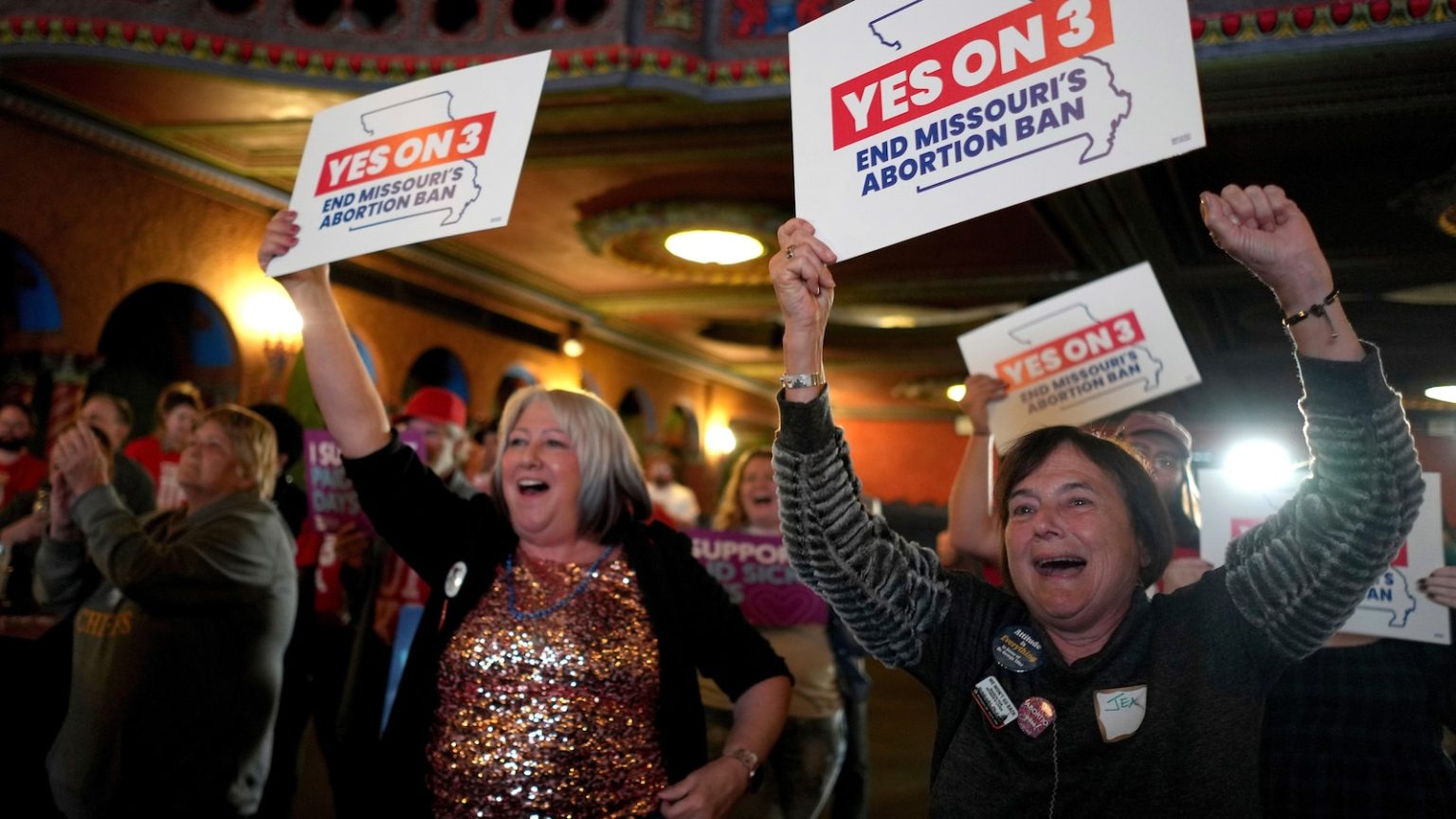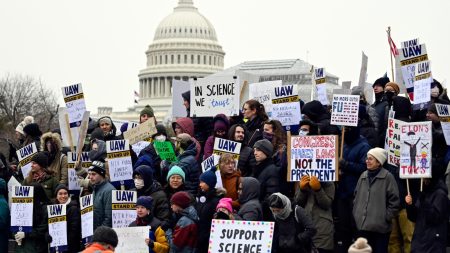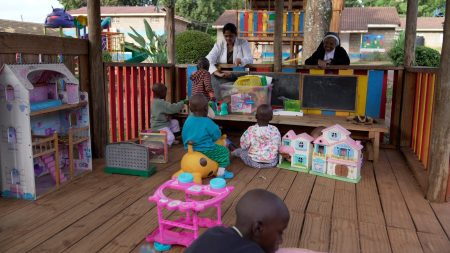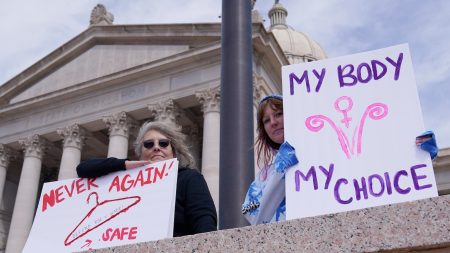Abortion Services Set to Resume in Missouri After Judge Blocks Restrictive Regulations
In a significant development for reproductive rights, abortions are now set to resume in Missouri following a court ruling that blocked certain regulations restricting abortion providers. The decision, handed down by Jackson County Circuit Judge Jerri Zhang, comes after a prolonged legal battle by abortion-rights advocates, including Planned Parenthood. The ruling effectively overturns strict licensing requirements that had effectively limited access to abortion services in the state, despite voters approving a constitutional amendment enshrining abortion rights in November 2022.
Voters Enshrine Abortion Rights in Missouri’s Constitution
In November 2022, Missouri voters made history by approving a constitutional amendment that protected reproductive rights in the state. The amendment did not outright legalize abortion but required courts to reconsider laws that had previously imposed a near-total ban on the procedure. While this was a major victory for abortion-rights advocates, the state’s abortion facility licensing requirements remained in place, creating significant barriers for providers. Planned Parenthood and other organizations argued that these regulations were medically unnecessary and politically motivated, aimed at restricting access rather than ensuring patient safety.
Planned Parenthood Challenges “Medically Irrelevant” Licensing Requirements
Planned Parenthood, a leading abortion provider in Missouri, argued that the state’s licensing requirements were discriminatory and burdensome. Among the contested regulations were mandates for specific hallway, room, and door sizes in abortion facilities—standards that the organization described as “medically irrelevant.” Additionally, Planned Parenthood challenged a requirement that all patients seeking an abortion, including those undergoing medication abortions, must undergo pelvic exams, which the group characterized as “medically unnecessary and invasive.” The organization also pointed out that many of its facilities could not comply with these strict regulations, effectively preventing them from providing abortion care.
Judge Rules Licensing Requirements Discriminatory
In her ruling, Judge Jerri Zhang agreed with Planned Parenthood’s arguments, stating that the licensing requirements were “facially discriminatory” because they imposed standards on abortion facilities that were not applied to other similar healthcare providers. For instance, the same stringent rules were not required for facilities providing miscarriage care. The judge’s decision was a temporary order pending the outcome of an ongoing lawsuit filed by abortion-rights advocates to overturn Missouri’s near-total abortion ban. Republican Attorney General Andrew Bailey has vowed to fight the lawsuit, arguing in defense of the state’s restrictions. However, with the judge’s ruling, abortion services are expected to resume in Missouri in the coming days.
Abortion Access in Missouri and the Midwest Expands
The resumption of abortion services in Missouri marks a significant shift in the state’s reproductive healthcare landscape. Margot Riphagen, president and CEO of Planned Parenthood Great Rivers, celebrated the ruling as a victory for patient access, stating that the licensing requirements were never about safety but rather a political effort to deny care to those seeking abortions. Mallory Schwarz, executive director of Abortion Action Missouri, echoed this sentiment, noting that the decision will transform access not only for Missourians but also for patients across the Midwest. Missouri’s clinics are preparing to resume abortion services as early as next week, offering a lifeline to individuals in a region where access to abortion care has been heavily restricted in recent years.
A Broader National Shift Toward Enshrining Abortion Rights
Missouri is part of a growing list of states where voters have taken steps to protect abortion rights through constitutional amendments. In 2024, four other states—Nevada, New York, and two others—also approved measures enshrining reproductive rights. Nevada’s amendment, however, requires a second vote in 2026 to take effect. These ballot measures reflect a national pushback against restrictive abortion laws, particularly in the wake of the U.S. Supreme Court’s 2022 decision to overturn Roe v. Wade. While Missouri’s constitutional amendment allows lawmakers to restrict abortion after fetal viability—a term generally understood to refer to the point at which a fetus could survive outside the uterus—it ensures that such restrictions must include exceptions to protect the life or health of the pregnant person. This ruling and the broader trend toward enshrining abortion rights signal a turning point in the ongoing battle for reproductive freedom in the United States.















